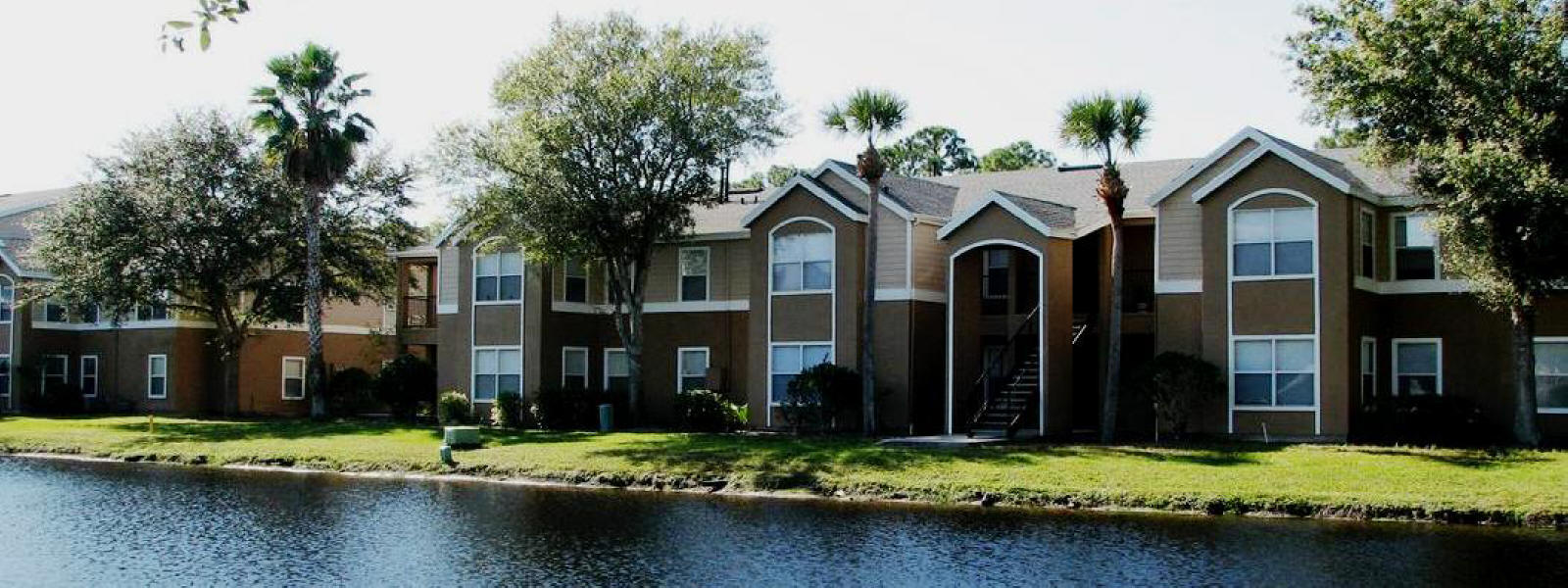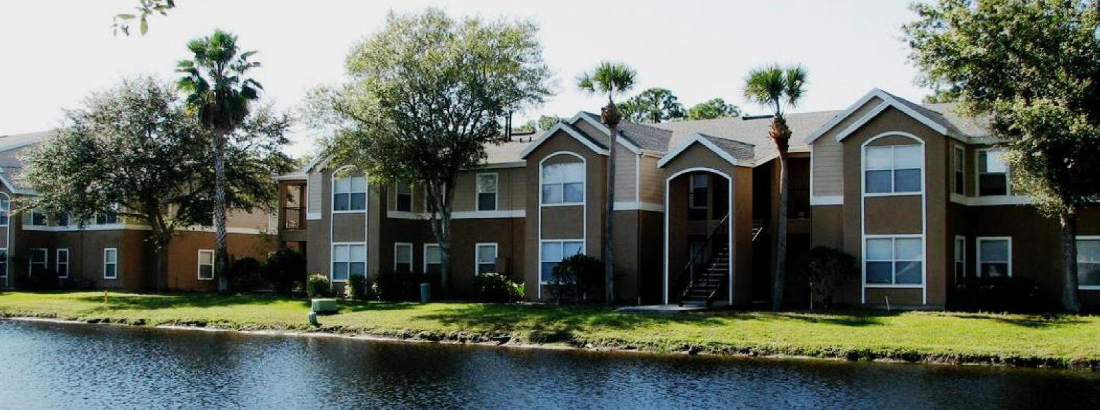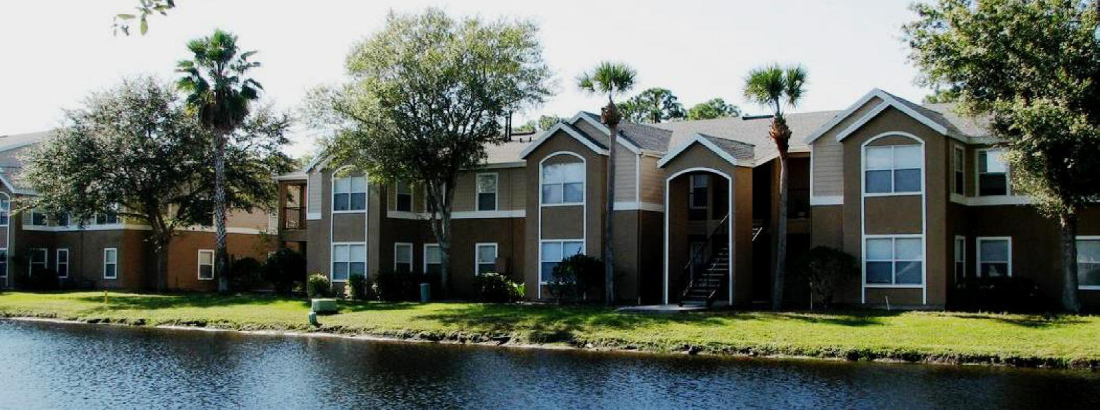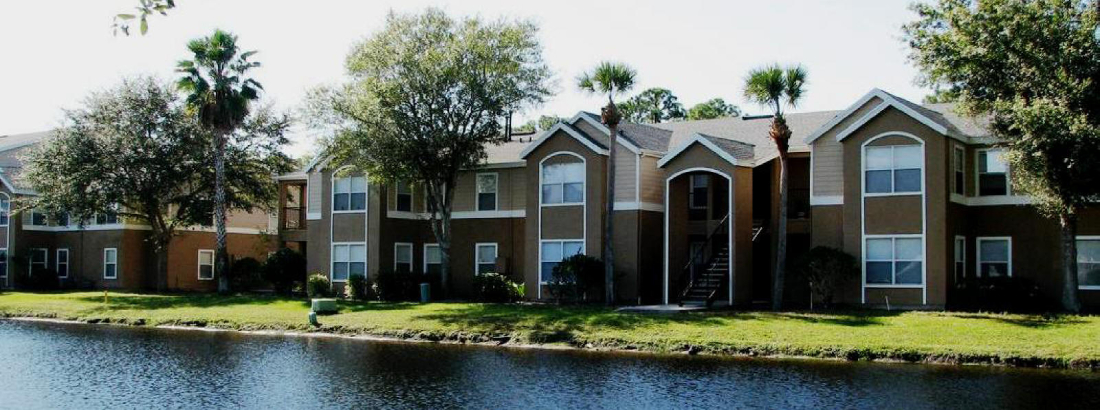Navigating the Commercial Real Estate Landscape: 5 Essential Points for Successful Investments
06 Feb, 2024 | Posted By - Admin
Introduction:
Embarking on a journey into the realm of commercial real estate investment can be both thrilling and daunting. As an investor, you're not just acquiring properties; you're making strategic decisions that can significantly impact your financial portfolio. To ensure a successful venture, it's crucial to meticulously examine various factors. Here are five key points to consider while delving into commercial real estate investments:
1. Location, Location, Location:
The adage "location is everything" holds particularly true in commercial real estate. The geographic placement of a property can make or break its potential for success. Consider factors such as accessibility, proximity to transportation hubs, demographic trends, and the overall economic health of the area. A location with a thriving business community, growing population, and strong infrastructure can enhance the property's value and attract lucrative tenants.
2. Comprehensive Due Diligence:
Thorough due diligence is the backbone of any successful commercial real estate investment. This involves scrutinizing every detail about the property, including legal issues, zoning regulations, environmental concerns, and the property's physical condition. Engage with professionals like real estate attorneys, environmental consultants, and property inspectors to ensure that there are no hidden surprises that could negatively impact your investment. A meticulous due diligence process helps mitigate risks and ensures that you make well-informed decisions.
3. Analyze Market Trends:
Staying abreast of current market trends is vital for making informed investment decisions. Conduct in-depth market research to understand the demand and supply dynamics, rental rates, vacancy rates, and emerging trends in the commercial real estate sector. This analysis provides valuable insights into the potential returns on investment, helping you align your strategy with the prevailing market conditions. Keep an eye on economic indicators, as they can influence the performance of your commercial property.
4. Financial Feasibility:
Before making any investment, it's crucial to conduct a comprehensive financial analysis. Assess the property's cash flow potential, taking into account factors such as rental income, operating expenses, and potential vacancies. Evaluate the financing options available and carefully consider the financial feasibility of the investment. This includes not only the initial acquisition costs but also ongoing expenses and potential future capital expenditures. A well-structured financial plan ensures that your investment remains profitable in the long run.
5. Exit Strategy Planning:
Successful commercial real estate investors always have a clear exit strategy in mind. Whether it's selling the property for a profit, refinancing, or transitioning to a different investment, having a well-defined exit plan is essential. Consider market cycles, potential appreciation, and your long-term financial goals when formulating your exit strategy. Being proactive and adaptable will help you navigate changing market conditions and optimize your returns when the time comes to divest.
Conclusion:
Commercial real estate investment is a multifaceted undertaking that requires careful consideration of various factors. By prioritizing location, conducting thorough due diligence, staying informed about market trends, analyzing financial feasibility, and planning a robust exit strategy, you can position yourself for success in the dynamic world of commercial real estate. Remember, each investment is unique, so tailor your approach to align with your specific goals and risk tolerance.









